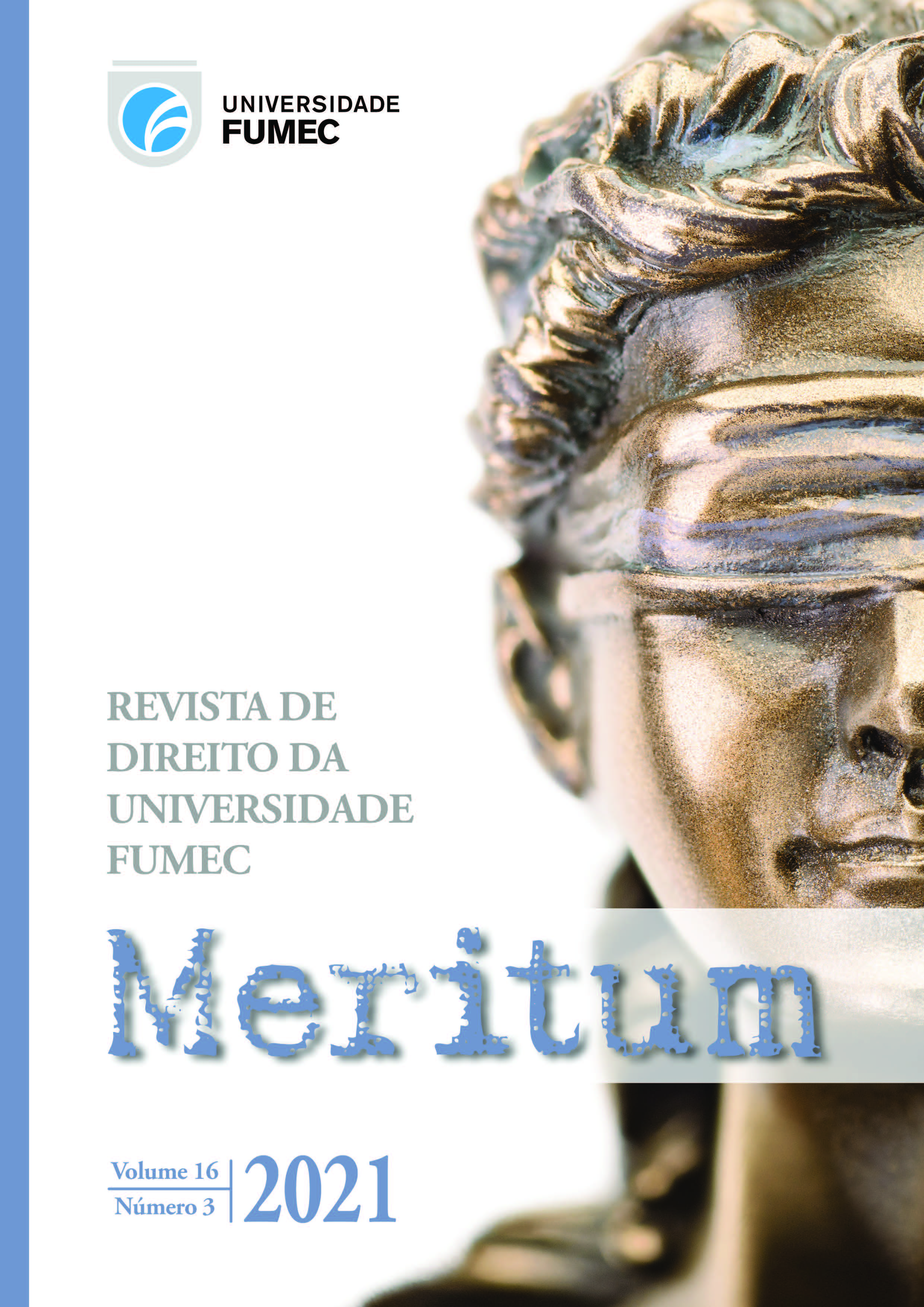DIALOGIC ADMINISTRATION AND NON-GOVERNMENTAL ORGANIZATIONS FROM THE PERSPECTIVE OF ADMINISTRATIVE PARTICIPATION
A REFLECTION IN HABERMAS ON THE REFORMULATION OF THE RELATIONSHIP BETWEEN CIVIL SOCIETY AND THE STAT
DOI:
https://doi.org/10.46560/meritum.v16i3.8231Keywords:
Administração Dialógica, Organizações não Governamentais, Jügen Habermas, Democracia, Participação do cidadãoAbstract
This article aims to analyze the non-governmental organizations as a democratic public space from a philosophical-theoretical angle; the organizational models of public administration management adopted in Brazil were critically analyzed, in order to subsequently reflect the concept of the public sphere in the light of the Theory of Democracy in Habermas, whose study was supported theoretically. The discussion presented here addressed the following issue: Are NGOs a democratic public sphere? In this space, is there dialogue and autonomy for social actors? The proposed hypothesis consists in the idea that there is a need to transition from the traditional Public Administration, encrusted with unilateralism and authoritarianism, to the Dialogical Public Administration model, with open and democratic management, in order to guarantee the administrative participation of the citizens in the management of the organs. and entities that make up the Public Administration. The adoption of democratic administration will open space for the development of NGOs in the public sphere, characterized by the active and autonomous participation of social actors, developing dialogues and legitimizing decisions. The methodology of this research, consisted of bibliographic revisiting, pertinent legislation and interdisciplinary discursive reflections, passing through the analysis of the history of the organizational models of Public Administration, presenting the prominent characteristics of each model of public management, using, still, the comparative method. Finally, it is concluded that the dialogical public management provides an effective shared relationship between the State and Civil Society. Through this cooperation model, it is hoped that it will be possible to envision a horizon of notable and beneficial consequences for the future of society.
Downloads
Published
Issue
Section
License
Autores que publicam nesta revista concordam com os seguintes termos:
- Autores mantém os direitos autorais e concedem à revista o direito de primeira publicação, com o trabalho simultaneamente licenciado sob a Licença Creative Commons Attribution que permite o compartilhamento do trabalho com reconhecimento da autoria e publicação inicial nesta revista;
- Autores têm autorização para assumir contratos adicionais separadamente, para distribuição não-exclusiva da versão do trabalho publicada nesta revista (ex.: publicar em repositório institucional ou como capítulo de livro), com reconhecimento de autoria e publicação inicial nesta revista;
- Autores têm permissão e são estimulados a publicar e distribuir seu trabalho online (ex.: em repositórios institucionais ou na sua página pessoal) a qualquer ponto antes ou durante o processo editorial, já que isso pode gerar alterações produtivas, bem como aumentar o impacto e a citação do trabalho publicado (Veja O Efeito do Acesso Livre).






